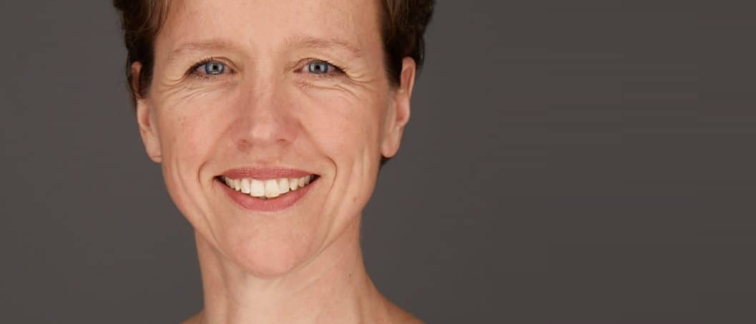As of January 1st 2024, Tessa Roseboom is appointed as Future Generations Commissioner at UMC. In this new role, she will advocate for the interests of future generations and use her expertise in translating scientific insights into policies that contribute to the health of current and future generations across Amsterdam UMC and beyond.
Humanity stands on the shoulders of its ancestors. Our world, our societies, democracies, cities, bodies and minds have been formed by the generations before us. Just like the generations before us have shaped the world we live in; we are shaping the world future generations will live in. At the same time “future generations are politically powerless, with the representation of their interests limited to the vicarious concern of present generations." Already in its 1997 Declaration on the Responsibilities of the Present Generations Towards Future Generations, UNESCO recognized that “at this point in history, the very existence of humankind and its environment are threatened”.
Today, humanity faces a series of unprecedented and accelerating challenges. We are at an inflection point in history. The choices we make — or fail to make — today could result in further breakdown and a future of perpetual crises, or contribute to a better, more humane and sustainable, peaceful future for people and planet.
Inspired most recently by the 2023 UN Principles on Future Generations, we feel compelled to ask what our responsibilities - as an academic community - to those who come after us imply for our own work. In line with the University of Amsterdam’s current Strategic Plan Inspiring Generations that formulates four overarching themes that speak to some of the most pressing issues humanity faces, we intend to nurture a joint sense of mission and inspiration across and beyond disciplines. Therefore, Tessa launched the Future Generations series at IAS, an interdisciplinary series of conversations between academia, policy makers and civil society to fuel a movement where science and research serve society. The IAS Future Generations series is committed to leveraging the power of science and research to catalyze positive societal change for the wellbeing of future generations.
We are standing on the shoulders of the generations before us and we are laying the foundations for the world in which future generations will live.
How were you formed by your past and what can you contribute to the future?
Please join the Future Generations community and conversation at Future Generations
And listen to the podcast: Future Generations | Podcast on Spotify

